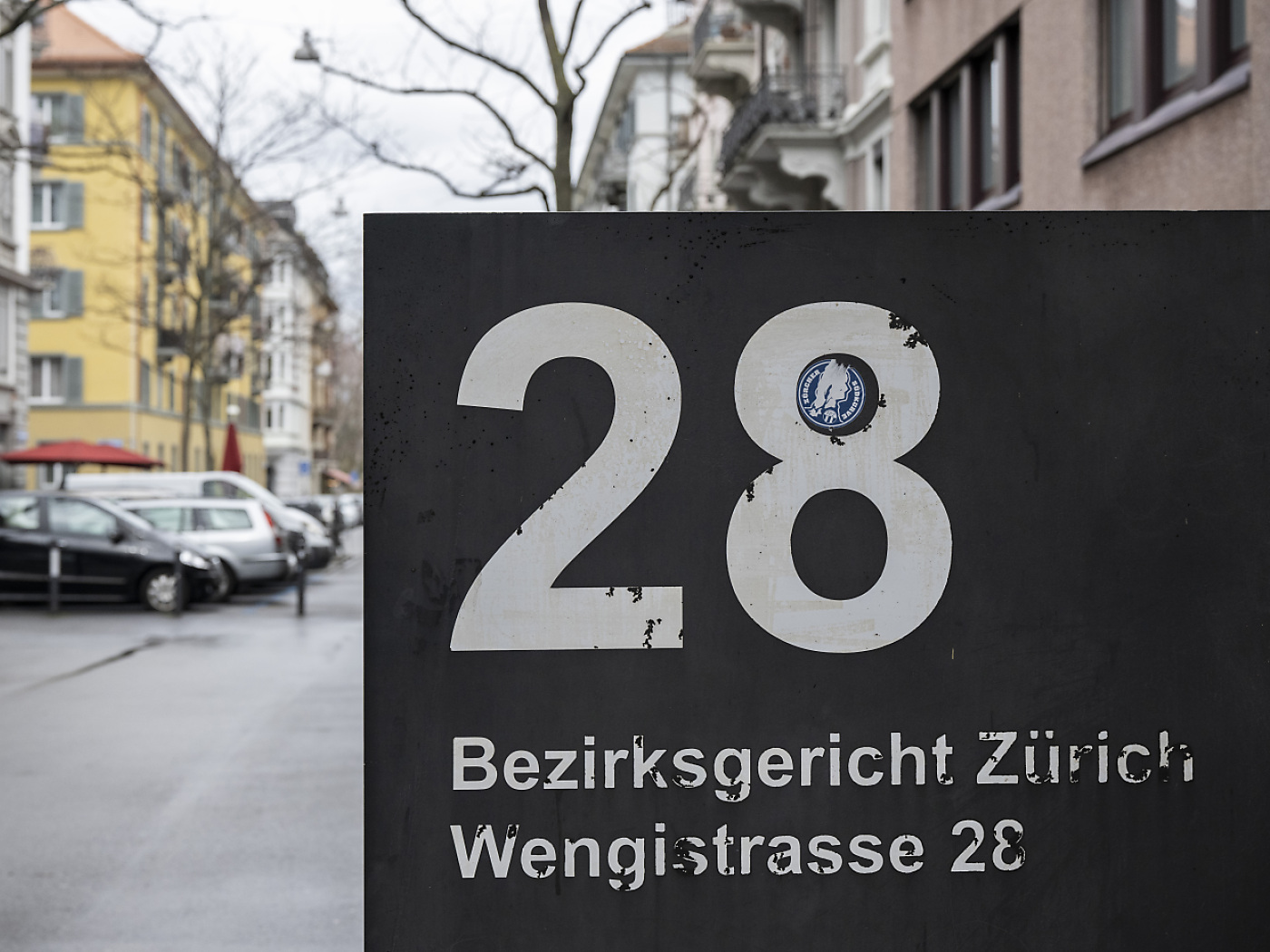Arrests made over unauthorised use of suicide capsule in Switzerland

Swiss police have arrested several individuals over the use of the Sarco capsule for committing assisted suicide in a forest hut.
The controversial Sarco assisted suicide capsule was used for the first time in a forest hut in Merishausen in canton Schaffhausen that borders Germany. One person took her own life and the Schaffhausen police have arrested several individuals.
+ Get the most important news from Switzerland in your inbox
The public prosecutor’s office of the canton of Schaffhausen has opened criminal proceedings against these suspects for incitement and assistance to suicide, the cantonal police said on Tuesday. On Monday, a lawyer informed the prosecutor that the Sarco capsule had been used in a forest hut in the municipality of Merishausen.

More
Assisted suicide: Sarco capsule deemed incompatible with Swiss law
Police officers dispatched to the scene seized the capsule. The body of the deceased was taken to the Forensic Institute in Zurich for an autopsy.
This summer, the public prosecutors’ offices of several cantons, including Schaffhausen, announced that they would initiate criminal proceedings if the capsule were used on their territory.
Incompatible with Swiss law
The Sarco suicide capsule – that claims to provide assisted suicide at the touch of a button – does not comply with the law, Health Minister Elisabeth Baume-Schneider told the House of Representatives on Monday.
Firstly, the capsule does not meet the requirements of product safety legislation and cannot therefore be placed on the market, the minister explained in response to a parliamentarian’s question. Furthermore, the use of nitrogen in the capsule is not compatible with the objective of the law on chemical products.
Are you having suicidal thoughts or do you know someone who needs support? Then contact the Dargebotene Hand (offered hand) in Switzerland, telephone number 143. You can find email and chat contacts at www.143.ch (in EnglishExternal link). The service is anonymous and free of charge. For children and young people, Pro Juventute operates the telephone number 147. They can be contacted by text message, chat and email at www.147.chExternal link (German). Here is further information and helplines in SwitzerlandExternal link concerning suicide.
Translated from French by DeepL/ac
This article was amended on September 25 to clarify that the deceased was female.
This news story has been written and carefully fact-checked by an external editorial team. At SWI swissinfo.ch we select the most relevant news for an international audience and use automatic translation tools such as DeepL to translate it into English. Providing you with automatically translated news gives us the time to write more in-depth articles.
If you want to know more about how we work, have a look here, if you want to learn more about how we use technology, click here, and if you have feedback on this news story please write to english@swissinfo.ch.

In compliance with the JTI standards
More: SWI swissinfo.ch certified by the Journalism Trust Initiative


















You can find an overview of ongoing debates with our journalists here . Please join us!
If you want to start a conversation about a topic raised in this article or want to report factual errors, email us at english@swissinfo.ch.